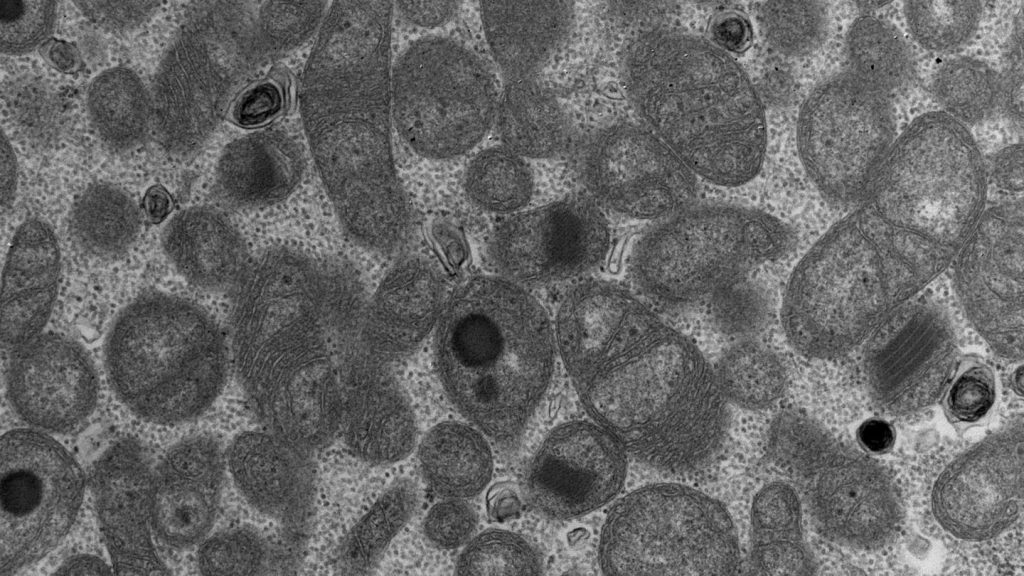An international team of scientists, led by University of Helsinki reported that vitamin B3, niacin, has therapeutic effect in progressive muscle disease, according to a study in the journal Cell Metabolism. Niacin delayed disease progression in patients with mitochondrial myopathy, a progressive disease with no previous curative treatments.
Vitamin B3 forms have recently emerged as potent boosters of energy metabolism in rodents. These vitamins are precursors for NAD+, a molecular switch of metabolism between fasting and growth modes.

As fasting has been shown promote health and longevity in for example mice, a variety of “NAD boosters” are being developed. However, whether actual NAD+ deficiency exists in human disease, and whether NAD+ boosters could have curative effects in patients with degenerative diseases, has remained elusive.
“The disease is characterized by progressive muscle weakness, exercise intolerance and cramps. Currently, no treatments that would slow down disease progression exist”, says academy professor Anu Suomalainen-Wartiovaara.
In the current publication, a collaborative team of investigators led by Suomalainen-Wartiovaara and academy research fellow Eija Pirinen reported lowered NAD+ levels in both blood and muscle of mitochondrial myopathy patients.
The researchers administered an increasing dose of NAD+-booster niacin, a vitamin B3 form (to 750–1,000 mg/day for patients and their matched controls for 10 or 4 months, respectively. The results are as follows:
- Blood NAD+ increased in all subjects, up to 8-fold, and muscle NAD+ of patients reached the level of their controls.
- Some patients showed anemia tendency, while muscle strength and mitochondrial biogenesis increased in all subjects.
- In patients, muscle metabolome shifted toward controls and liver fat decreased even 50%.
- The evidence indicates that blood analysis is useful in identifying NAD+ deficiency and points niacin to be an efficient NAD+ booster for treating mitochondrial myopathy.
Niacin and Nutritional Support For Mitochondrial Myopathy

Pirinen and colleagues report that niacin treatment efficiently increased blood NAD+ both in patients and healthy subjects. Niacin restored NAD+ in the muscle of the patients to the normal level and improved strength of large muscles and mitochondrial oxidative capacity. Overall metabolism shifted towards that of normal subjects.
“Our results are a proof-of-principle that NAD+ deficiency exists in humans and that NAD+ boosters can delay progression of mitochondrial muscle disease,” said Suomalainen-Wartiovaara. “The study is a significant leap in the development of targeted therapy options for energy metabolic diseases.”
The results of this open pilot study revealed that niacin is a promising treatment option for mitochondrial myopathy. The authors emphasize, however, that niacin and NAD+ are efficient metabolic modifiers and niacin treatment should be cautiously applied only, when NAD deficiency is detected for example in the patient’s blood.




